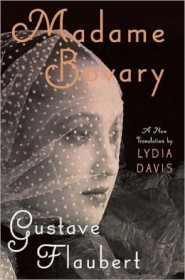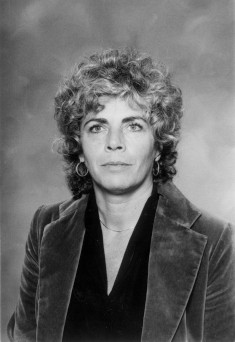By Edith Grossman | Apr 19, 2013 - PW
At first I thought I’d put together a list of ten translated books that have affected me deeply but decided not to when I realized, with some astonishment, that certain English-language books actually did turn my life around, change my thinking, and seriously influence my decision-making. I’m avoiding the issue of the precise number because books often came to my attention in groups rather than as individual volumes.
I had favorite books when I was a girl, especially The Adventures of Robin Hood, The Story of King Arthur, and Little Women, all of which I read over and over again, but the book that made a huge impression on me and invariably brought more tears to my eyes than the heartbreaking death of Robin Hood or the image of King Arthur sailing off to Avalon was Bambi. I read the book countless times and, as a consequence, developed a deep dislike of hunting, which I found incomprehensible. The effect has lasted to this day.
 The other book that had a major impact on me a few years later, when I was about twelve and read it against my parents’ wishes and behind their backs, was The Naked and the Dead. Because I was so young I couldn’t comprehend all of the novel, but what I took away with me was an on-going commitment to pacifism. This came as a surprise: I grew up during the Second World War, and my mind was filled with a comic book version of villainy and virtue, a movie image of heroism. After reading the novel, I couldn’t imagine any cause that could justify subjecting vulnerable human beings to the kind of suffering and brutality depicted by Mailer. I still can’t.
The other book that had a major impact on me a few years later, when I was about twelve and read it against my parents’ wishes and behind their backs, was The Naked and the Dead. Because I was so young I couldn’t comprehend all of the novel, but what I took away with me was an on-going commitment to pacifism. This came as a surprise: I grew up during the Second World War, and my mind was filled with a comic book version of villainy and virtue, a movie image of heroism. After reading the novel, I couldn’t imagine any cause that could justify subjecting vulnerable human beings to the kind of suffering and brutality depicted by Mailer. I still can’t.
These sophisticated, artfully written and translated books convinced me that whatever I did professionally, I clearly had to spend the rest of my life involved with literature: writing about it, teaching it, or, as it turned out years later, translating it.
My academic plan was to specialize in Peninsular literature, which I did as an undergraduate: one of the effects of reading those compelling 19th century novels was a shift in my interest from the linguistic to the literary.

No comments:
Post a Comment